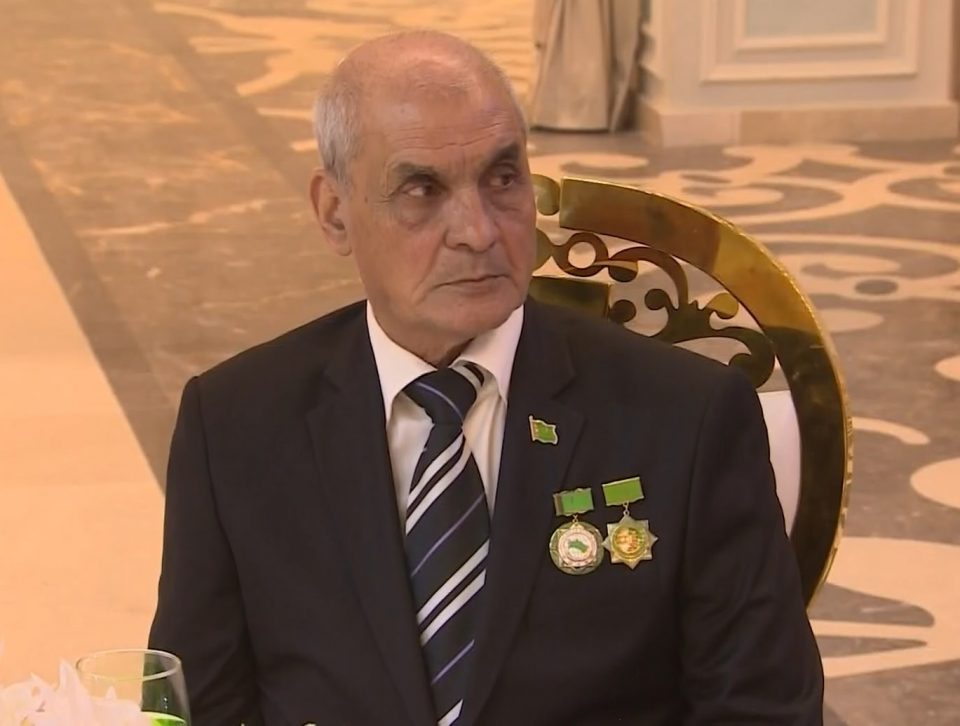Turkmenistan is increasingly entering the realm of world civilization. The broad implementation of achievements in science, technology, and the digital system contributes to the sustainable development of its national economy. At present, the country maintains economic, diplomatic, trade, cultural, and humanitarian relations with more than 150 states. Interaction in all these areas necessitates deep communication between people of different ages and professions. At this juncture, bilingual and multilingual dictionaries not only play a significant role but also gain increasing importance day by day.
The tradition of dictionary compilation in Turkmenistan dates back to the opening of the National Academy of Sciences, namely to the 1950s of the last century. During that period, since Russian functioned as the language of international communication, Turkmen–Russian and Russian–Turkmen dictionaries were mainly published.
After Turkmenistan gained independence in 1991, a qualitatively new stage in the preparation of English–Turkmen and Turkmen–English dictionaries began. Taking into account the needs and demands of various branches of the national economy and the education system, Turkmen scholars have prepared a wide range of dictionaries. We express our deep gratitude to the United Nations and other major international organizations for their consistent assistance and support in preparing and publishing such dictionaries in Turkmenistan.
It should be emphasized from the outset that the project Makul Dictionary, initiated and directed by legal scholar Dr. Dovran Orazgylyjov, is fundamentally distinct from the aforementioned dictionaries. The particular importance of this dictionary, which is the result of many years of diligent work by various scholars and lexicographers, becomes especially evident when compared with other dictionaries published in Turkmenistan.
First, whereas the dictionaries published in Turkmenistan were generally prepared for a specific field, Makul Dictionary is intended for a broad segment of society. It covers a wide range of users—from school students to professionals across different areas of the business world—such as economists, lawyers, agricultural specialists, doctors, IT experts, digital system professionals, and many others.
The high assessment of Makul Dictionary by Eric Stewart, Executive Director and Founder of the U.S.–Turkmenistan Business Council (USTBC), who remarked that “This book is yet another opportunity for our countries to come closer together. … There is much we can learn from one another. Books like this help bring Americans and Turkmens together at the level of kinship”, clearly demonstrates that this dictionary will serve as an important instrument of “language diplomacy,” uniting peoples not only in Turkmenistan but across the world. In this respect, we believe that Makul Dictionary will prove even more significant than other dictionaries.
Second, the rising international and business standing of Turkmenistan and the growing interest of many states in this country underscore the timeliness and modern relevance of this dictionary’s preparation.
Third, the fact that, for the first time, such an English–Turkmen dictionary has been made available online through the website www.makulsozluk.com, ensuring free access for everyone at any time and from any place, further affirms its importance.
In conclusion, we are confident that the publication of the first successful attempt, Makul Dictionary, in the United States will serve as a unique “language bridge” in the diplomatic, economic, technological, educational, humanitarian, cultural, equal, mutually beneficial, and friendly relations between Turkmenistan and the United States.
Amangeldi Baygeldiev
Linguist Scholar.
Amangeldi Baygeldiev was born in Ashgabat. He graduated in 1974 from the Faculty of Foreign Languages, Department of English Language, at Magtymguly Turkmen State University. From 1977 to 1983, he pursued postgraduate studies at the Institute of Philosophy of the Academy of Sciences of the Russian Federation in Moscow, where he earned the degree of Candidate of Philosophical Sciences.
He continued his academic career at the Institute of Philosophy and Law of the Academy of Sciences of Turkmenistan. Over the years, he has also held various positions at the Turkmen State Institute of Finance, the D. Azadi Turkmen National Institute of World Languages, and the Academy of State Service under the President of Turkmenistan.
Currently, he serves as a Senior Lecturer at the Yagshygeldi Kakayev International University of Oil and Gas of Turkmenistan.
Dr. Amangeldi Baygeldiev, Candidate of Philosophical Sciences, is the author of numerous scholarly works in the fields of philosophy and foreign languages (English).

